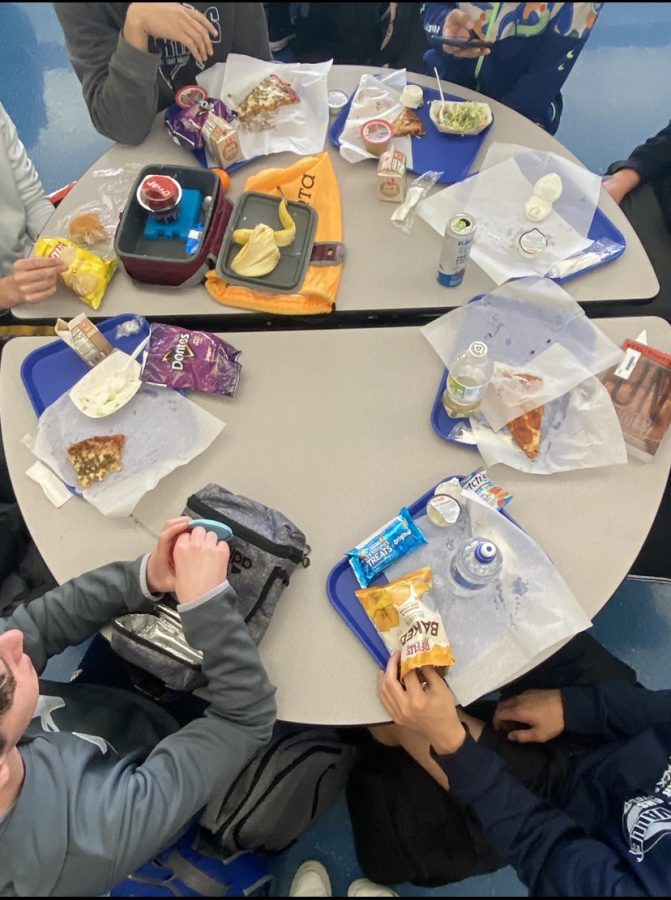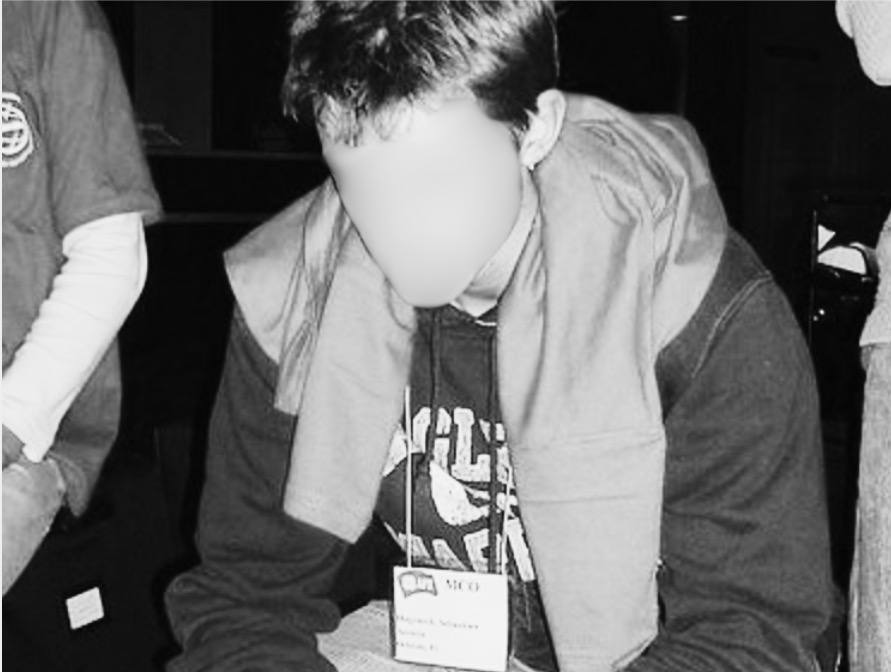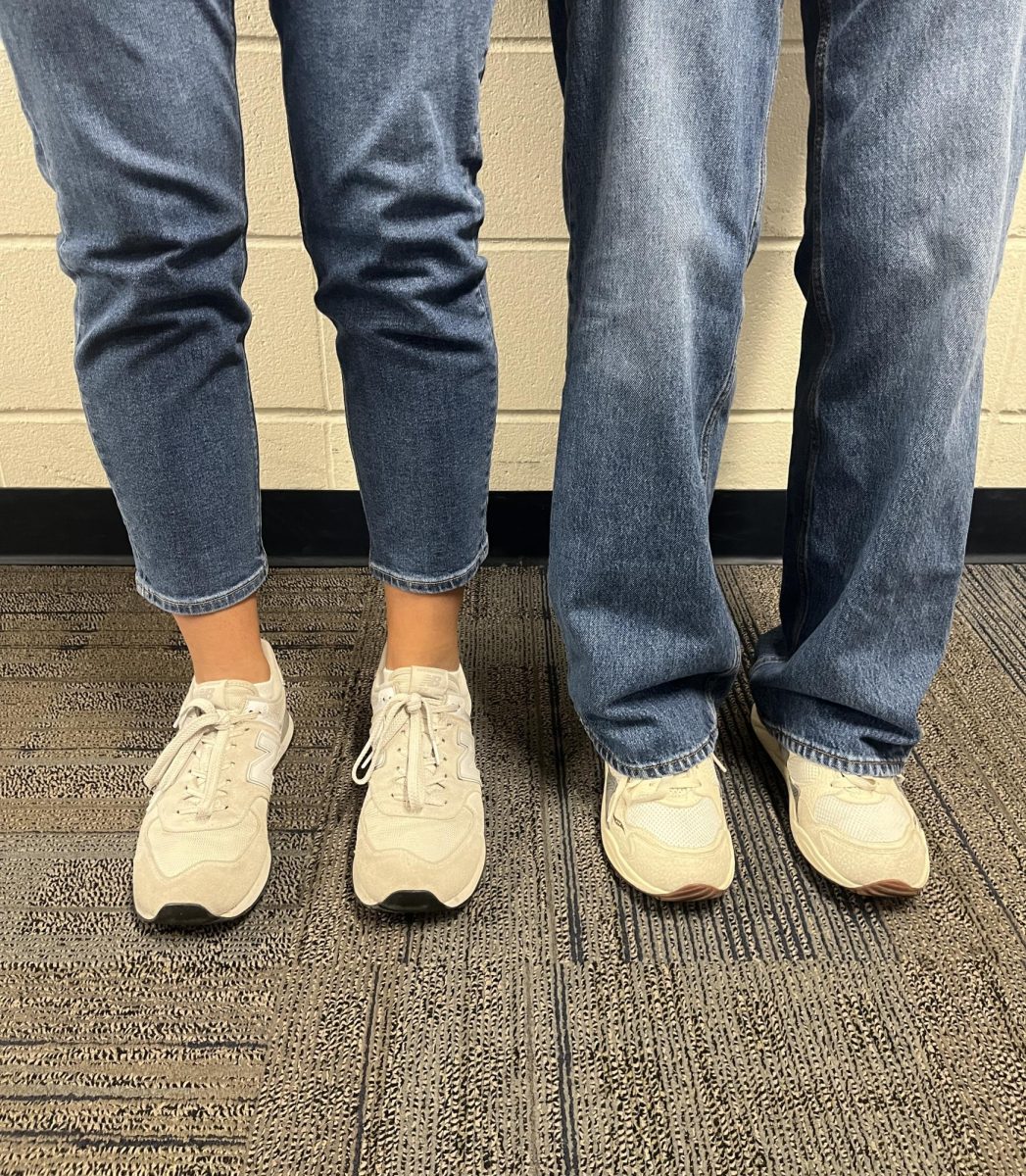The average American household tends to waste one-third of the food they purchase, according to a study conducted by Penn State University. The nation as a whole is responsible for 30% to 40% of the food supply being left unconsumed each year.
From farms to factories, trucks and grocery stores, gross amounts of food are being discarded before it even has the chance to reach the hands of consumers. This means the extensive and unnecessary quantities of water, land and energy that were put into producing these goods have also been wasted.
The U.S. Environmental Protection Agency identifies food waste as the number one material in landfills. When organic material like food waste decomposes in landfills, methane gas is released, resulting in a warming effect like that of carbon dioxide, but amplified by 80%.
The effects of food waste on the environment are only exacerbated by institutions like schools. Anywhere from 27% to 53% of student lunches are thrown away daily in the United States, according to Penn State University research, and PV is no outlier to the extreme food waste trend sweeping the nation.
At the elementary level, students are required to build a lunch containing at least one food from three of the five food groups: milk, fruit, vegetables, grain and meat. A ½ cup serving of fruits or vegetables is required in the three selections, leaving little room for food selection freedom. Though this is a policy intended to encourage health and food security in students, the required sides are often untouched and, more times than not, end up in the trash.
Senior Khushi Mehta, an environmental activist, recognized this trend within the PVHS lunchroom as well. “Every day I see meals that are barely touched and half-eaten bags of chips being tossed into the trash. I know that many students hardly think twice before throwing something away. The sad reality is that it’s not only an environmental issue but also a food security issue,” she said.
At the junior high and high school level, lunch is served through a self-service method that allows students to choose from a variety of entrees and sides. The new freedom of self-service helps limit students’ throw-aways. However, that does not mean that meals upon meals do not end up in the trash by the end of each lunch period.
So how do schools in the U.S., like PV, reduce their contribution to the growing food waste issue?
The first step is education within schools, which will allow students to become increasingly conscious of their decisions both in the lunchroom and within their household. Lynne Lundberg, teacher and advisor of the World Food Prize, recognized the importance of understanding the issue to mitigate food waste. “I think education has a huge role to play in reducing waste and encouraging responsible use of wasted food. If students learn about possible solutions, they can advocate for those solutions in their homes and communities,” she said.
But the truth is many students are not even aware of the growing connection between food consumption and the environmental state.
This ignorance about where trash really goes indicates an urgent and immediate need for improvement. There are many physical steps that can be taken to combat food waste. One easy and accessible method to reduce food waste across the district is to re-implement “share tables.” Also referred to as “No Thank You Boxes,” share tables allow students to donate unopened, prepackaged food into a specified container at the end of their lunch period. The leftover food is then donated to outside sources or handed out to students facing food insecurity. The program not only reduces the amount of food waste but also reduces the number of students that go home hungry.
Prior to COVID-19, PV maintained share tables across the district, but due to safety concerns, administration chose to remove them. Corie Gamble, Director of Food Services at PV, is hopeful about this program’s reinstatement. “The school should see this addition to the cafeterias in the days to come,” Gamble said.
Another large scale measure implemented across the U.S. is composting, which reduces the amount of food going directly into landfills and converts meal scraps into nutrients for soil. According to ReFED advisory council member Chris Hunt, “Food waste recycling solutions like large-scale composting and anaerobic digestion have the potential to divert 9.5 million tons of food scraps from landfills every year.” Many schools across the country have partnered with local food waste composting sites to direct their food waste from landfills. Iowa City High School’s student-run composting program is a prime example of how a high school can educate their students about food waste and find success within composting.
Although Iowa is home to over 100 composting sites, there is an extreme deficit in ways to divert food from landfills in the state. Only two of the composting sites across the entire state of Iowa accommodate food waste composting, making it difficult for a majority of Iowa businesses and schools to access the facilities needed to compost on a large scale.
The local Davenport composting site only accepts yard waste, organic materials with completely different composting processes than breaking down food scraps. There have been conversations with the City of Davenport about expanding the site for many years, but until initiative is taken within the community, composting is not yet a feasible solution.
Still, there are individuals in the district aiming to incite change by informing and inspiring other students.
At Forest Grove Elementary school, a fourth grade class is beginning to take initiative by looking for ways to reduce food waste within the district. After conversations with experts across the Quad Cities, the young students have looked toward to sharing their learnings through different forms of multimedia. With plans of making district wide educational videos and announcements, they aspire to promote the much needed food system education at Pleasant Valley.
The most important step students can take is to become increasingly food conscious—whether it be in grocery stores, in homes or in school. Food waste occurs throughout the supply process, so as consumers, students should be more thoughtful in their food selection to better advocate for environmental responsibility in their community.










